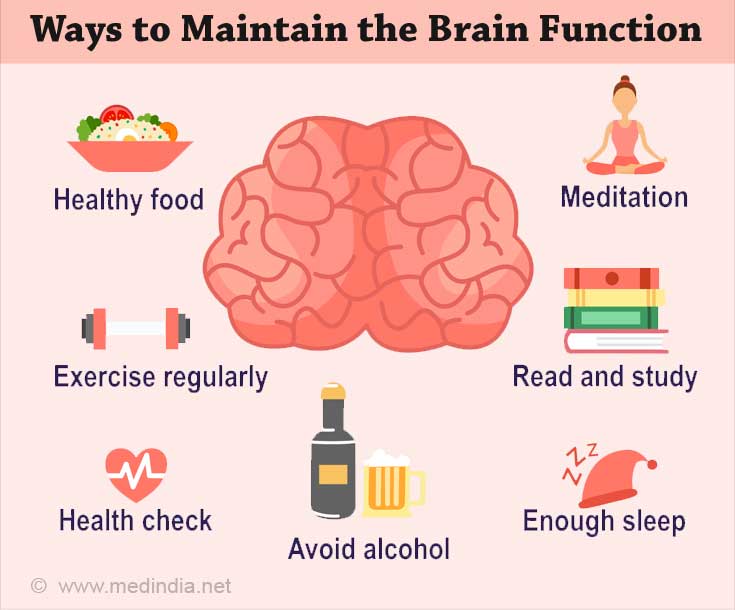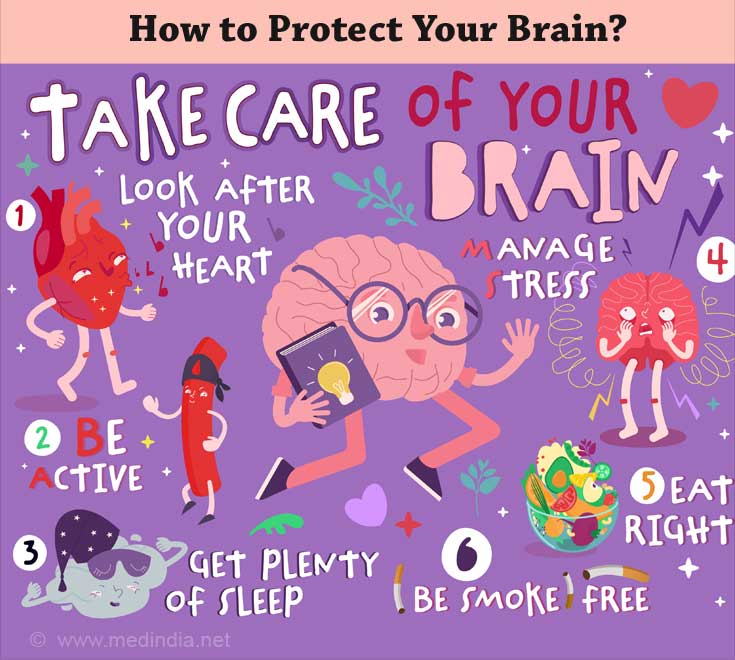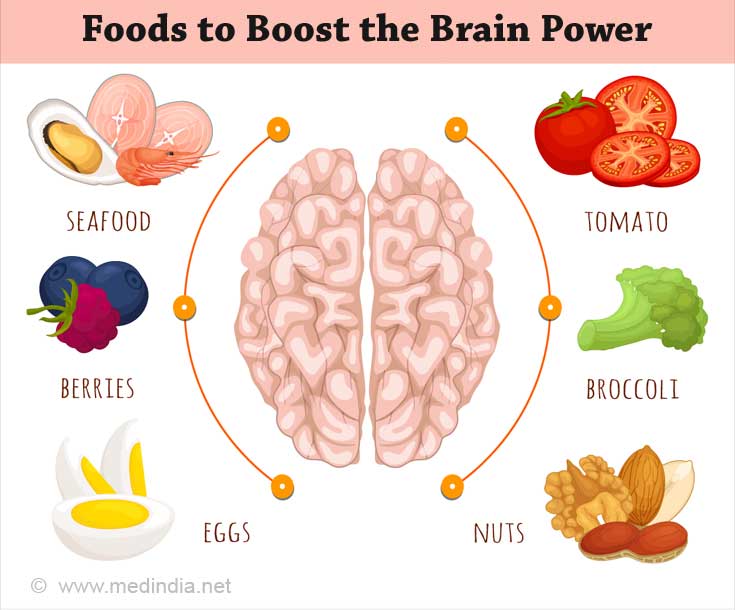- 5 Tips to Keep Your Brain Healthy - (https://www.mayoclinichealthsystem.org/hometown-health/speaking-of-health/5-tips-to-keep-your-brain-healthy)
- Keep Your Brain Young with Music - (https://www.hopkinsmedicine.org/health/wellness-and-prevention/keep-your-brain-young-with-music)
- How Does Exercise Keep Your Brain Young - (https://www.science.org/news/2018/09/how-does-exercise-keep-your-brain-young)
- To Keep Your Brain Young Take Some Tips from Our Earliest Ancestors - (https://www.npr.org/sections/health-shots/2021/06/18/1006245255/to-keep-your-brain-young-take-some-tips-from-our-earliest-ancestors)
- Healthy Ageing Stay Mentally Active - (https://www.betterhealth.vic.gov.au/health/healthyliving/healthy-ageing-stay-mentally-active)
- 6 Ways to Keep Your Mind Young - (https://ophthalmicedge.org/patient/6-ways-to-keep-your-mind-young/)
- Keep Your Brain Healthy - (https://www.legacyhealth.org/services-and-resources/services/adult/neurosciences/patient-education-and-resources/keep-your-brain-healthy)
- The Value of Continuous Learning: Keeping You Young in Mind, Body and Spirit - (https://www.williamsburglanding.org/article/10/8/2015/value-continuous-learning-keeping-you-young-mind-body-and-spirit)
- Brain Development - (https://www.firstthingsfirst.org/early-childhood-matters/brain-development/)
- Bulletin #4356, Children and Brain Development: What We Know About How Children Learn - (https://extension.umaine.edu/publications/4356e/)
Ways to Keep Brain Young
Every brain does happen to change with age, and mental function changes along with it. Mental decline is quite common, it is also one of the most feared consequences of aging. This does not imply that cognitive impairment is inevitable.

1. Being physically active
Using muscles helps the mind. Exercise does enhance the development of the new nerve cells by increasing the connections between the brain cells (synapses). Exercise helps in lowering the blood pressure, improving cholesterol levels, maintaining blood sugar balance, and reducing mental stress, all of which can eventually help the brain and the heart.
2. Geting mental stimulation
Stimulations of the brain activities form new connections between the nerve cells and can help the brain generate new cells. Neurological "plasticity" develops by building up a functional reserve that does provide a hedge against future cell loss.
Mentally stimulating activity helps build up the brain. Read, do take up courses, try "mental gymnastics," such as word puzzles. Experimenting usually requires manual skill and mental effort, such as drawing, painting, and many other crafts.
3. Improving blood pressure
High blood pressure in midlife does increase the risk of cognitive decline in old age. Using lifestyle modification can keep the pressure as low as possible. Stay lean, exercise regularly, limit alcohol, reduce stress, and finally eat right.
4. Improving blood sugar & cholesterol
Diabetes and high levels of LDL ("bad") cholesterol are associated with an increased dementia risk.
Engaging in aerobic exercises, maintaining a healthy body weight, treating high blood pressure, and following healthy eating practices can help reduce your risk of diabetes, cholesterol, and dementia.
5. Maintaining a healthy eating lifestyle
It is good nutrition that improves the mind as well as the body. For example, those consuming Mediterranean style diet emphasizing fruits, vegetables, fish, nuts, unsaturated oils (olive oil) and plant sources of proteins are less likely to develop cognitive impairment and dementia.
6. Protecting your head
The moderate to severe head injuries without the diagnosed concussions do increase the risk of cognitive impairment.
7. Avoiding tobacco and alcohol
Avoid tobacco in all its forms. If you do happen to drink, do limit yourself to two drinks a day.
8. Building social networks
Strong social ties are associated with a lower risk of dementia, and lower blood pressure and leading to a much longer life expectancy.
9. Caring for emotions
People who are anxious, depressed, sleep-deprived, or even exhausted showcase a steady decline in cognitive function. Good mental health and restful sleep are very important goals to maintain.
How to Protect Your Brain?

Do limit stress and get the sound sleep which is needed
When under stress making a hormone called cortisol has a stronger effect on the older brains. This challenges an older person’s ability to recover from any emotional upset. It is best for older people to take change slowly and then learn to cope with anxiety or tension.
Rest is essentially important for managing stress. Inadequate sleep is often linked to slower thinking and more risk for dementia. Individual needs vary greatly, but it is often recommended to get 7 to 9 hours of sleep a night.
Protect against hearing loss and social isolation
Hearing impairment does add to dementia risk, it can be treated though. For hearing loss, no matter what your age, do avoid excessive noise. Do get the hearing checked in case you have a hearing impairment. Being able to hear well does prevent social isolation and loneliness, which also increases the risk of any cognitive impairment.
Do avoid all types of head injury
Be it a competitive athlete, one playing sports for fun, or exercising for health, avoiding any form of head injuries must be a part of the daily routine. Concussion may harm the brain both immediately as well as long-term. Head injuries in youth are linked to increasing the risk of dementia, including Alzheimer’s disease, in old age.
Reduce or stop using certain medications
Staying well informed about prescription and over-the-counter drugs, especially those for long-term chronic conditions is cautious. Avoiding dangerous drug interactions and being overmedicated do lead to memory problems and dementia.
Ways to Keep your Brain Healthy
Social engagement is a must
Being socially engaged lends support to brain health. Pursuing social activities which are meaningful to you is a must. Find fruitful ways to be part of the local community; for example: If singing appeals to you, join a local choir or do help at an after-school program. Finally, share activities with friends and family.
Challenge yourself
Challenge and activate the mind. Build up a piece of furniture. Do complete a jigsaw puzzle. Find something artistic to do. Go on to play games that allow you to think strategically. Challenging the mind has both short as well as long-term benefits for the brain.
Stop Smoking
Smoking increases the risk of cognitive decline. Quitting smoking reduces the risk to levels that are comparable to those who have not smoked at all.
Take care of the mental health
A history of depression often increases the risk of cognitive decline leading towards seeking medical treatment. Keep in mind the symptoms of depression, anxiety, or any other mental health concerns. Also, learn to better manage stress.
Learn always
Education undertaken at any stage of life does help in reducing the high risk of cognitive decline and dementia. Common examples include taking a class at a local college, community centre or even online.
Foods to Boost the Brainpower

Eating well is good for mental and physical health. Optimizing the nutrition during the exam season or staying sharp in the next work meeting by paying close attention to the diet can pay off well. There is no single ‘brain food’ to protect against any age-related disorders such as Alzheimer’s or dementia.
A
Some health nutrients to consider are as below:
Wholegrains improve concentration and focus
The brain cannot work without energy. So, concentrate and focus on an adequate, steady supply of energy (in the form of glucose) in the blood leading to the brain. Low-GI (Glycemic Index) wholegrains release the energy slowly into the bloodstream keeping one mentally alert throughout the day. Eating fewer wholegrains does lead to brain fog and irritability. Opting for ‘brown’ wholegrain cereals, granary bread, rice, and pasta is good for the health.
Blueberries boost the short-term memory
The consumption of blueberries is effective in improving or even delaying short-term memory loss. They are widely available. You can also achieve the same effect with the dark red and purple fruits, such as blackberries, and vegetables, like red cabbage. All contain protective compounds called anthocyanins.
Tomatoes prevent free radical damage
Lycopene is a powerful antioxidant found in tomatoes that protects against the free radical damage to cells that occurs in the development of dementia leading to particularly Alzheimer’s. Foods apart from tomato supplying this benefit, and the similar protective phyto-nutrients include papaya, watermelon, and pink grapefruit.
Eggs delay in brain shrinkage
Certain B vitamins such as B6, B12 and folic acid reduce levels of a compound called homocysteine in the blood. Elevated levels of homocysteine do increase the risk of stroke, cognitive impairment and Alzheimer’s disease.
B vitamins such as the vitamins B1, B3 and choline play a vital part in regulating normal brain function. Choline found in the egg yolk is essential for the memory-boosting brain chemical which is acetylcholine.
B-rich foods like eggs, chicken, fish, leafy greens, and dairy are essential. If you are vegan, consider the fortified foods including plant milks and breakfast cereals for vitamin B12 or have a supplement. Useful vegan sources of B vitamins are the nutritional yeast, avocado, soya, nuts, and seeds.
Blackcurrants help in reducing anxiety and stress
Vitamin C increases mental agility suggesting that a deficiency has the high-risk factor for age-related brain degeneration including both dementia and Alzheimer’s. Vitamin C does manage anxiety and stress. Apart from blackcurrants the others containing Vitamin C do include red peppers, citrus fruits such as oranges and broccoli.
Pumpkin seeds enhance the memory and boost mood
The pumpkin seeds supply valuable mineral enhancing memory and thinking skills as they are rich in zinc. They are full of stress-busting magnesium, B vitamins and tryptophan the precursor to the good mood chemical serotonin. Other useful food sources include beef, oysters, chickpeas and nuts such as cashews and almonds.
Sage boosts the memory and concentration
Sage is amazing for memory and concentration. Sage oil can help alleviate stress by inducing a sense of well-being. Sage herb is low in calories and can be added to all meals.
Nuts protects the healthy brain function
An adequate intake of vitamin E helps prevent cognitive decline, particularly in the elderly. Rich in vitamin E nuts alongside the leafy green vegetables, asparagus, olives, seeds, eggs, brown rice and finally wholegrains.
Broccoli does improve the brainpower
A great source of vitamin K which enhances cognitive function and improves the brainpower is present in Broccoli. Broccoli contains glucosinolates which slow the breakdown of the neurotransmitter acetylcholine - is needed for the central nervous system to keep the memories sharp. Low levels of acetylcholine are associated with Alzheimer’s disease. Other cruciferous vegetables rich in glucosinolates include cauliflower, kale, cabbage, and Brussels sprouts. You can also obtain vitamin K from the liver, hard cheeses, and prunes.







